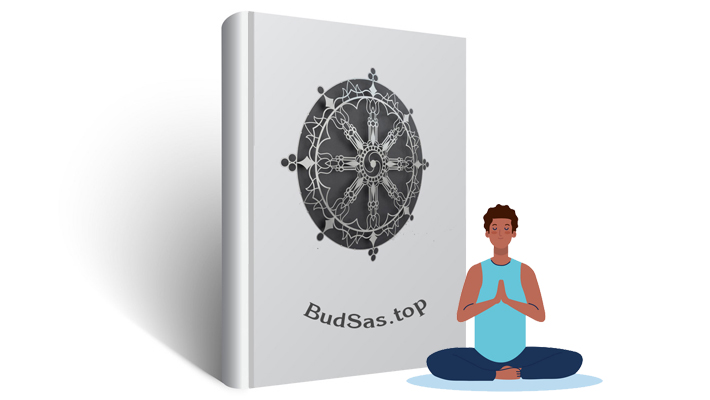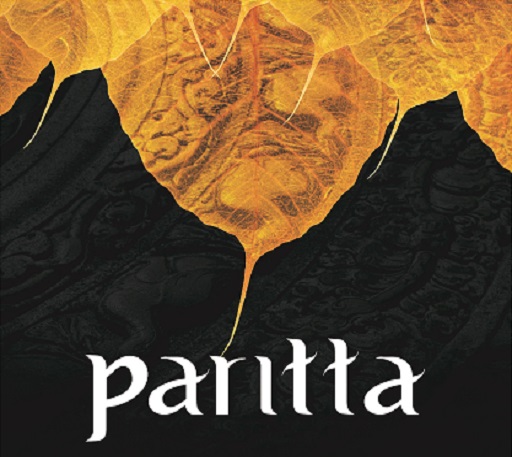No. 36.
SAKUṆA-JĀTAKA.
“Ye denizens of air.”–This story was told by the Master while at Jetavana, about a Brother whose cell was burnt down.
Tradition says that a Brother, having been given a theme for meditation by the Master, went from Jetavana to the land of Kosala and there abode in a dwelling in a forest hard by a border-village. Now, during the very first month of his dwelling there, his cell was burnt down. This he reported to the villagers, saying, “My cell has been burnt down; I live in discomfort.” Said they, “The land is suffering from drought just now; we’ll see to it when we have irrigated the fields.” When the irrigation was over, they said they must do their sowing first; when the sowing was done, they had the fences to put up; when the fences were put up; they had first to do the weeding and the reaping, and the threshing; till, what with one job and another which they kept mentioning, three whole months passed by.
After three months spent in the open air in discomfort, that Brother had developed his theme for meditation, but could get no further. So, after the Pavāraṇā-festival which ends the Rainy Season, he went back again to the Master, and, with due salutation, took his seat aside. After kindly words of greeting, the Master said, “Well, Brother, have you lived happily. through the Rainy Season? Did your theme for meditation end in success?” The Brother told him all that had happened, adding, “As I had no lodging to suit me, my theme did not end in success.”
Said the Master, “In bygone times, Brother, even animals knew what suited them and what did not. How is it that you did not know’?” And so saying, he told this story of the past.
_____________________________
[216] Once on a time when Brahmadatta was reigning in Benares, the Bodhisatta was born a bird and lived round a giant tree with branching boughs, at the head of a company of birds. Now one day, as the boughs of this tree were grinding one against the other, dust began to fall, soon followed by smoke. When the Bodhisatta became aware of this, he thought to himself: “If these two boughs go on grinding against one another like this, they will produce fire; and the fire will fall and catch hold of the old leaves, and so come to set fire to this tree as well. We cannot live on here; the proper thing to do is to hasten off elsewhere.” And he repeated this stanza to the company of birds:–
Ye denizens of air, that in ṭhese boughs
Have sought a lodging, mark the seeds of fire
This earthborn tree is breeding! Safety seek
In flight! Our trusted stronghold harbours death!
The wiser birds who followed the Bodhisatta’s counsels, at once rose up in the air and went elsewhere in his company. But the foolish ones said,
p. 92
[paragraph continues] “It is always like this with him; he’s always seeing crocodiles in a drop of water.” And they, heeding not the Bodhisatta’s words, stopped where they were. In a very short time, just as the Bodhisatta had foreseen, flames really did break out, and the tree caught fire. When the smoke and flame arose, the birds, blinded by the smoke, were unable to get away; one by one they dropped into the flames and were destroyed.
_____________________________
“Thus, Brethren,” said the Master, “in bygone times even animals who were dwelling in the tree-top, knew what suited them and what did not. How is it that you did not know?” [217] His lesson ended, he preached the Truths, at the close whereof that Brother won the Fruit of the First Path. Also, the Master shewed the connexion, and identified the Birth by saying, “The Buddha’s disciples were then the birds who hearkened to the Bodhisatta, and I myself was the wise and good bird.”

![[PDF] The book of the Discipline – Vinayapiṭaka – The full 6 Volumes](https://en.namo84000.org/wp-content/uploads/2023/12/The-Book-of-the-Discipline-Vinaya-Pitaka.jpg)


![[En] Guide to Tipitaka](https://en.namo84000.org/wp-content/uploads/2021/10/Kinh-Phat-Quan-trong-2.jpg)